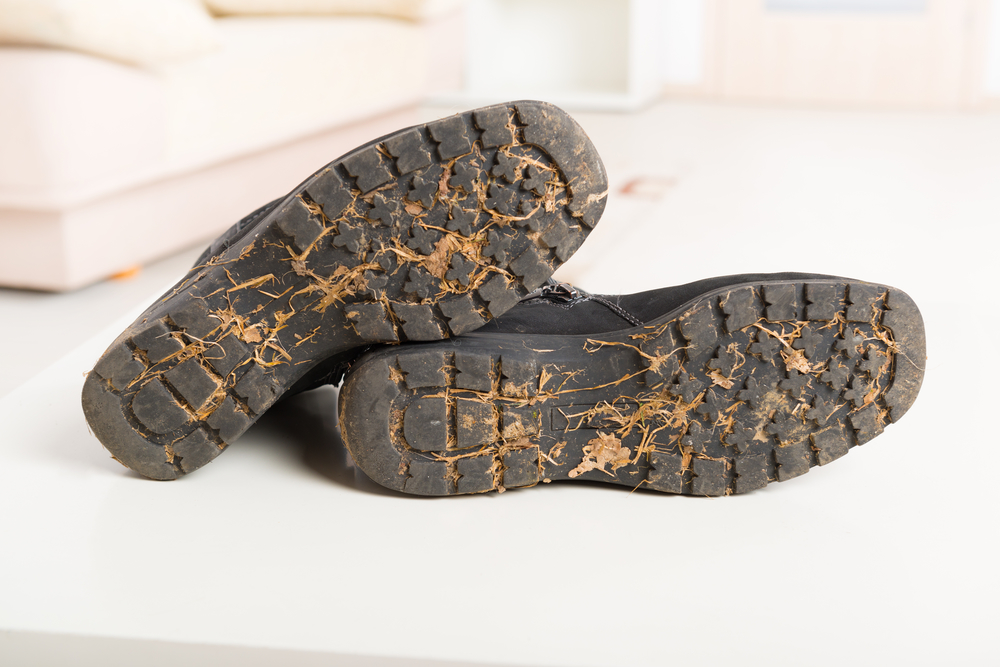According to the Centers for Disease Control and Prevention (CDC), in 2012 Clostridium difficile, or C. difficile infections are at an all-time high. While most commonly this infection begins with patients who have been in the hospital, about 35 percent of the cases are unrelated to healthcare. One of the most prominent places you find the C. Diff bacteria is on the bottom of your shoes. The feces from birds and other animals carry the spores, and you pick up this grossness when you’re walking around.
What’s even more frightening about the C. Diff spores is that they can live on surfaces for months. Even healthy people even have the bacteria in their intestine without any ill effects, but after taking an antibiotic to treat another infection the C. Diff bacteria can get out of control. After taking an antibiotic, some of the healthy bacteria in your body is destroyed. Without the healthy bacteria, the C. Diff takes over and destroys the cells in your intestine.
Symptoms of C. Difficile
If you experience these symptoms, you should speak to your doctor for the best diagnosis and treatment options:
- Watery diarrhea, for more than two days
- Fever
- Loss of appetite
- Nausea
- Abdominal pain
- Dehydration
- Weight loss
If your immune system has been compromised by other physical ailments, you may be at a higher risk for C. Difficile. People who take antibiotics on a regular basis are also at higher risk for this infection. Although about half of the infections occur in patients younger than 65, over 90 percent of the deaths associated with C. Diff are in people over 65 years old. ##MN_RESP##
Prevention of C. Diff
One of the best ways to keep this bacteria out of your home is to take off your shoes at the front door every time you enter the house. If you do track in the gunk, use cleaning products that will destroy the bacteria. Wash your hands before preparing food or eating, and after using the restroom. Ingesting the C. Diff bacteria is how it enters your system and makes you sick.
Don’t forget that the bacteria can pass from person to person, but also from person onto other objects, such as the television remote, or cell phones, sinks, and tables. When you go to the hospital or visit someone who is sick, take precautions to prevent spreading any infection. Wash your hands and use disposable gowns and gloves if you visit someone who is infected. If you have been on antibiotics and subsequently experience symptoms of C. Diff, work with your doctor to find the most effective medication.





